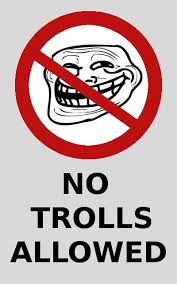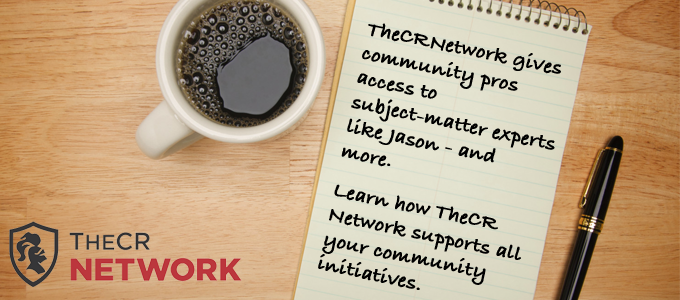 By Amy Turner, The Community Roundtable
By Amy Turner, The Community Roundtable
Building a Conflict Resistant Community, Or Turning Brand Haters into Brand Advocates
Every conflict today has the potential to go viral, which is why crisis management plans are imperative for brands and organizations – especially those with active and engaged communities. Members of TheCR Network spoke with Jason Dykstra, a Conflict Resolution Specialist, Mediator and Facilitator with Absolution Mediation who specializes in helping brands deal with irate customers in a way that takes them from a place of passionate dislike to actively engaging in a positive way. He shared some fascinating insights that were particularly helpful when thinking about crisis management in a community setting.
Understand that Individuals Bring Their Personal Background to a Conflict
When a person has an experience with a company they are bringing their individual background, heritage, education, prior experiences and even what happened that day to the situation. For the person attempting to resolve the conflict, it is wise to understand this best practice as a way to more readily diffuse the situation.
Recognize that Every Conflict in Today’s World Happens in Real Time
Organizations are dealing with passion in the moment which is creating a very different atmosphere and role for conducting business. In a passionate online exchange, that person may not have had the opportunity to cool down yet and could vent that frustration via social media. These individuals are waiting to be heard and responded to, which really changes the dynamic for how a situation needs to be handled. 
Distinguish Between a Troll and a Negative Comment
Trolls have the intention to hurt with no value-add in their comments. However, in a negative comment there is a nugget of truth that can offer valuable information if one is willing to learn from it. Make sure you take the time to distinguish between the two.
Think Like a Hostage Negotiator
Jason shard highlights from an article written by the The Harvard Business Review, describing hostage negotiators within the context of social media:
Shift from Judgment to Curiosity: The more that we are able to be curious about the situation, the less judgmental we will be towards an individual’s comments. This allows us to better engage with the person, diffuse the anger and get to the bottom of the real reason behind the conflict.
Understand the Difference between Monitoring and Listening: Jason views monitoring as a passive activity. Listening, however, is a very active task. Truly understanding the problem requires active listening vs. automatically assuming that we know what the problem is based on the background that we bring to the situation.
 The Iceberg Effect: We only truly see the “tip of the iceberg” in any given interaction and the real size is what cannot be seen under the water’s surface. In other words, there is a great deal that we do not see when we are dealing with a conflict.
The Iceberg Effect: We only truly see the “tip of the iceberg” in any given interaction and the real size is what cannot be seen under the water’s surface. In other words, there is a great deal that we do not see when we are dealing with a conflict.
Understand Positions and Interests: People often come to a conflict situation shooting for the stars in terms of what they hope to gain and then settling for the moon. That means that the conflict negotiator should be asking the right questions through proper listening. The idea is to understand the other person’s needs and wants and talk about what is behind these positions so a common ground can be reached.
Build Relationships: The idea is to build trust and rapport with the person stirring up conflict. The more trust has been established and the greater the rapport, the more willing the person will be hearing the words “no” if it comes down to that being the only solution.
Remember, it is how an individual reacts to the conflict that determines either a positive or a negative outcome. The more that we deal with conflict, the better we will become at dealing with it. Do you have tried and true best practices for building a conflict resistant community? We’d love to hear your ideas!

